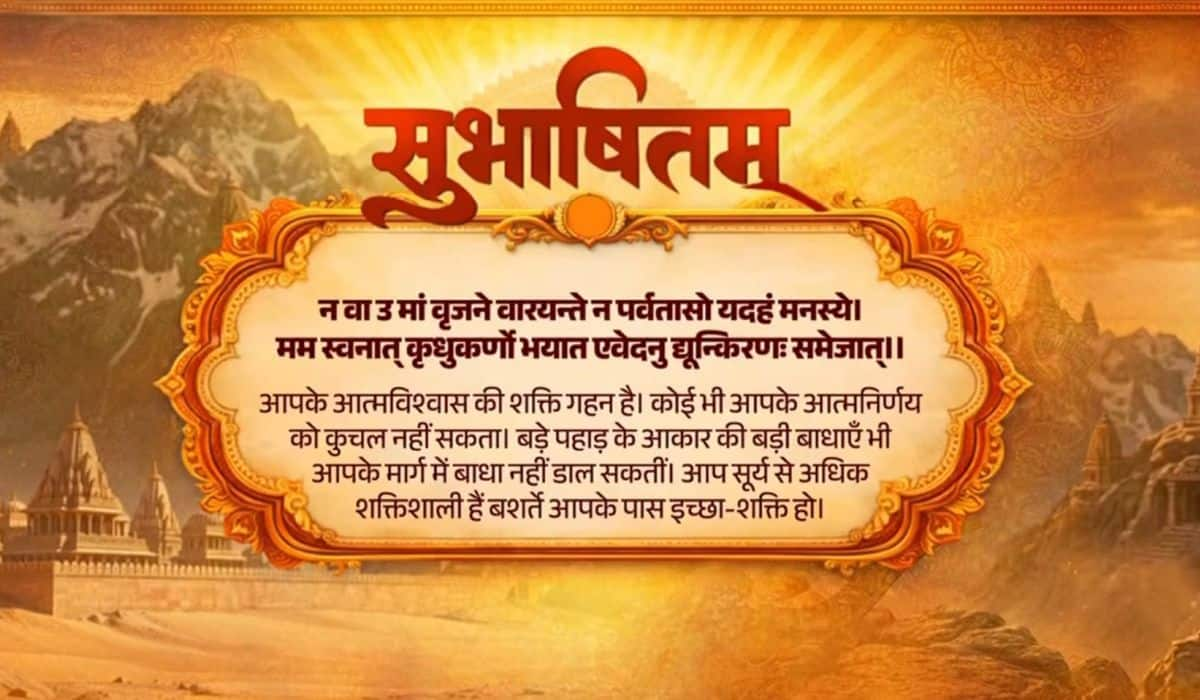The Prime Minister Shri Narendra Modi chaired a follow-up meeting today, to review the progress of relief and rescue operations following the major earthquake in Nepal yesterday. The meeting was attended by Union Ministers Shri Arun Jaitley, Smt Sushma Swaraj, Shri Rajnath Singh and Shri Manohar Parrikar, the National Security Advisor Ajit Doval, the Cabinet Secretary Shri Ajit Seth, the Additional Principal Secretary Shri P.K. Mishra, and senior officials from the Government, IMD, and NDRF.

The Prime Minister had chaired a high-level meeting yesterday on the subject.
The Prime Minister was briefed on the work being done by various agencies involved in relief and rescue work, both in India and Nepal. He was also briefed on the situation arising out of the major aftershock that occurred earlier today.

The Prime Minister emphasized the need for further increasing the pace of search and rescue operations, and evacuation of stranded people from Nepal. The Prime Minister directed that in addition to the air route, the road route should also be used for evacuating stranded people at the earliest. He stressed on the need for ensuring coordination among various agencies involved in relief and rescue operations.
The Prime Minister also said that highest priority be accorded to food and water supplies, including milk powder, to the affected areas.













